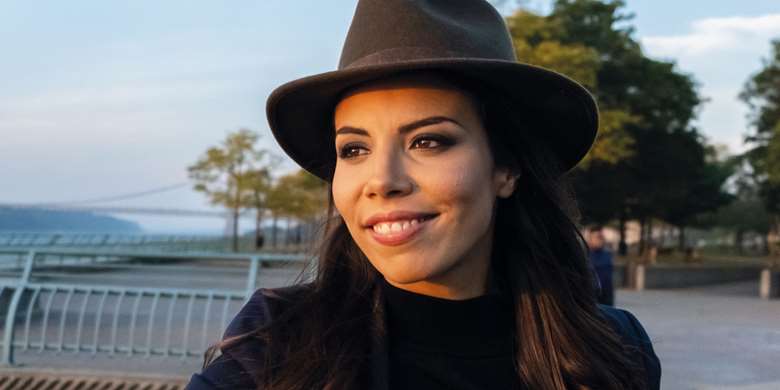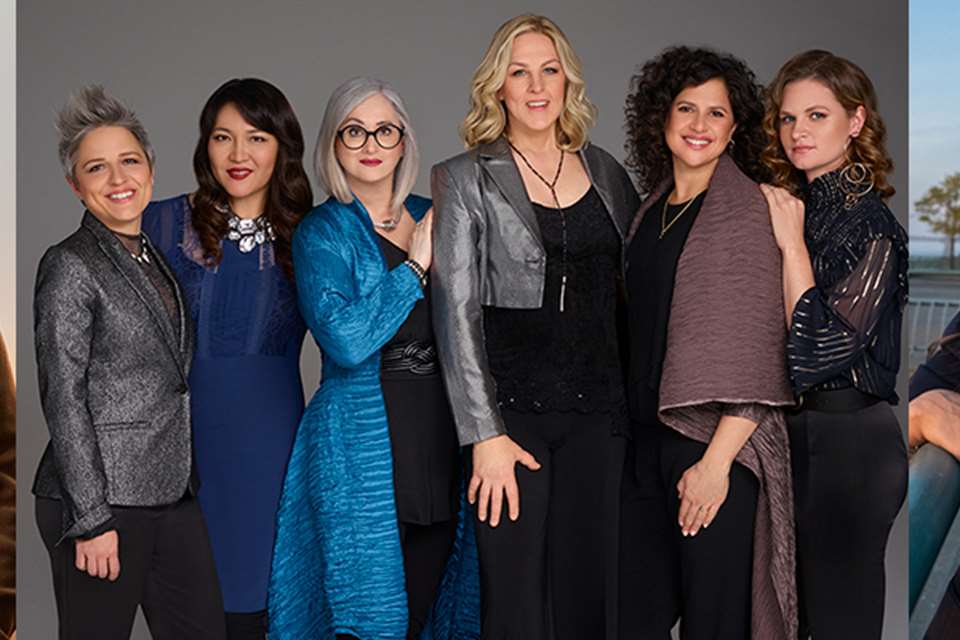Melissa Aldana: “It’s about asking: ‘who am I, as a female from South America?’”
Hugh Morris
Wednesday, March 23, 2022
A big tarot fan, Chilean saxophonist Melissa Aldana identifies with the romantically-inclined Empress card. Hugh Morris, impressed with her latest album 12 Stars, which marks her debut for the Blue Note label, thinks she might be on to something…


Register now to continue reading

Thank you for visiting Jazzwise.co.uk. Sign up for a free account today to enjoy the following benefits:
- Free access to 3 subscriber-only articles per month
- Unlimited access to our news, live reviews and artist pages
- Free email newsletter
